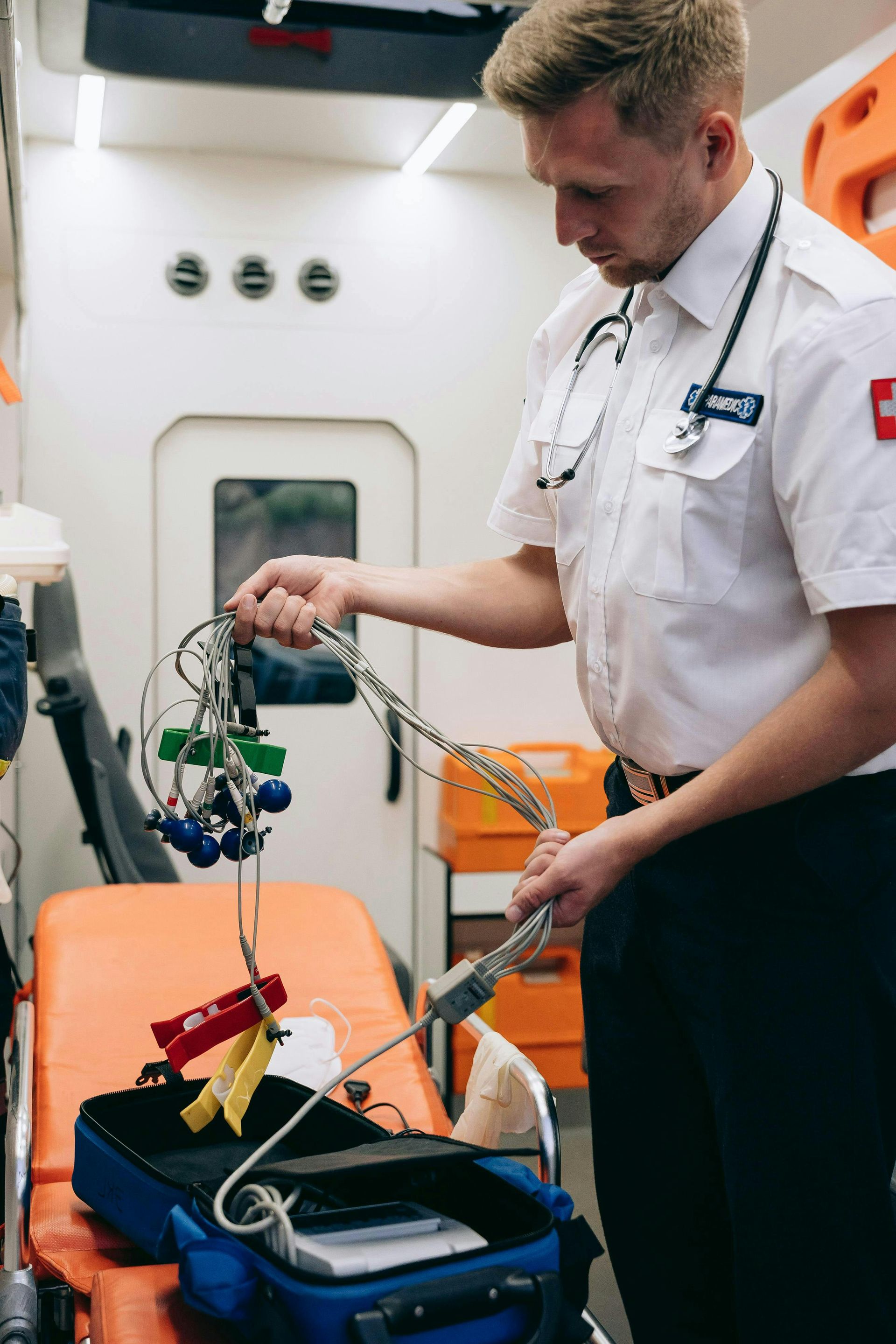950 S. Winter Park Dr., Suite 207
Casselberry, FL 32707
407.452.4918 – Phone
407.505.4245 – Fax
Property@PriortiyJustice.com
Leveraging Res Ipsa Loquitur in a Medical Malpractice Claim
Proving Defendant’s Negligence Under Res Ipsa Loquitur
The doctrine of res ipsa loquitur is a helpful rule in proving negligence, especially when direct evidence is hard to get. This rule is very useful in medical malpractice cases, where it's often tough to find clear proof that a healthcare provider was careless. Res ipsa loquitur makes it easier for the plaintiff by shifting the burden to the defendant, who must then prove they were not negligent. For res ipsa loquitur to apply, the plaintiff needs to show three things:
- The Circumstances Indicate Negligence: The event must be something that doesn't usually happen unless someone was negligent. This means the incident should be one that typically doesn't occur without negligence.
- Exclusive Control: The cause of the injury must have been under the control of the defendant when the injury happened, or when the negligent act occurred.
- No Contribution from Plaintiff: The injury must not have been caused by any action or contribution from the plaintiff. The plaintiff must show they didn't contribute to the injury in any way.
Judicial Note: Limitations in Florida
Florida’s Medical Malpractice Act imposes significant challenges for using assumptions and inferences of negligence in medical malpractice cases. The Act specifies that the mere occurrence of a medical injury does not automatically indicate that the healthcare provider was negligent. Instead, the claimant must demonstrate that the injury resulted from a breach of the professional standard of care. This means the claimant needs to provide clear evidence that the healthcare provider's actions fell below what is expected of a reasonably competent provider in similar circumstances.
The Act’s stringent requirements ensure that healthcare providers are not unfairly presumed negligent without substantial proof. Plaintiffs must present concrete evidence linking the injury directly to the provider’s breach of duty. This often involves detailed medical records, expert testimony, and a thorough understanding of medical standards and practices.
Strategic Point: Foreign Body Discovery
One strong example of presumed negligence is the discovery of a foreign object, such as a sponge, clamp, or surgical needle, in a patient’s body after surgery. This situation provides clear evidence of negligence and creates a presumption of negligence by the healthcare provider. This presumption is mandatory, meaning that once the presence of the foreign body is proven, the burden shifts to the defendant to prove they were not negligent. In these cases, the healthcare provider must show that the foreign object was not the result of their negligence, which is often a challenging task. This statutory presumption simplifies the plaintiff's case significantly, making it a powerful tool in medical malpractice claims.
Distinguishing Factors: Statutory vs. Common-Law Doctrine
The statutory foreign-body presumption is different from the common-law doctrine of res ipsa loquitur. In regular negligence cases, direct evidence of negligence can override res ipsa loquitur. However, in medical malpractice cases with the foreign-body presumption, the presumption must be applied once the foreign body is proven, regardless of direct evidence of negligence.
Both the foreign-body presumption and res ipsa loquitur shift the burden of proof to the defendant, but they work differently. The statutory presumption applies specifically to cases with foreign bodies, while res ipsa loquitur is broader and applies to various negligence cases where direct evidence is missing.
Conclusion
Using the doctrine of res ipsa loquitur in a medical malpractice claim can significantly help prove negligence when direct evidence is hard to find. This rule allows plaintiffs to make a strong case by inferring negligence from events that usually don’t happen without careless actions. Understanding how this rule works and knowing the limits set by state laws, like Florida’s Medical Malpractice Act, is crucial. In Florida, even though the Act generally requires proof of a breach of the standard of care, courts haven't ruled out the use of res ipsa loquitur entirely. In cases involving foreign bodies, the presumption of negligence is particularly strong, making it easier for plaintiffs to shift the burden of proof to the defendant.
By using these legal doctrines effectively, plaintiffs can better hold negligent healthcare providers accountable and seek the justice they deserve. Successfully invoking res ipsa loquitur or the statutory presumption related to foreign bodies can make a big difference in the outcome of a medical malpractice claim, helping injured patients get compensation and ensure that responsible parties are held accountable.
Request a Case Review Today!
Talk to Matt Quattrochi, and his team of attorneys with extensive experience in Personal Injury, Real Estate, Home Insurance, and Immigration law in Casselberry and Oviedo.
Justice is Our Priority
Practice Areas
Contact Us
Orlando
950 S. Winter Park Dr., Suite 207
Casselberry, FL 32707
Phone: 407.452.4918
Fax: 407.505.4245










